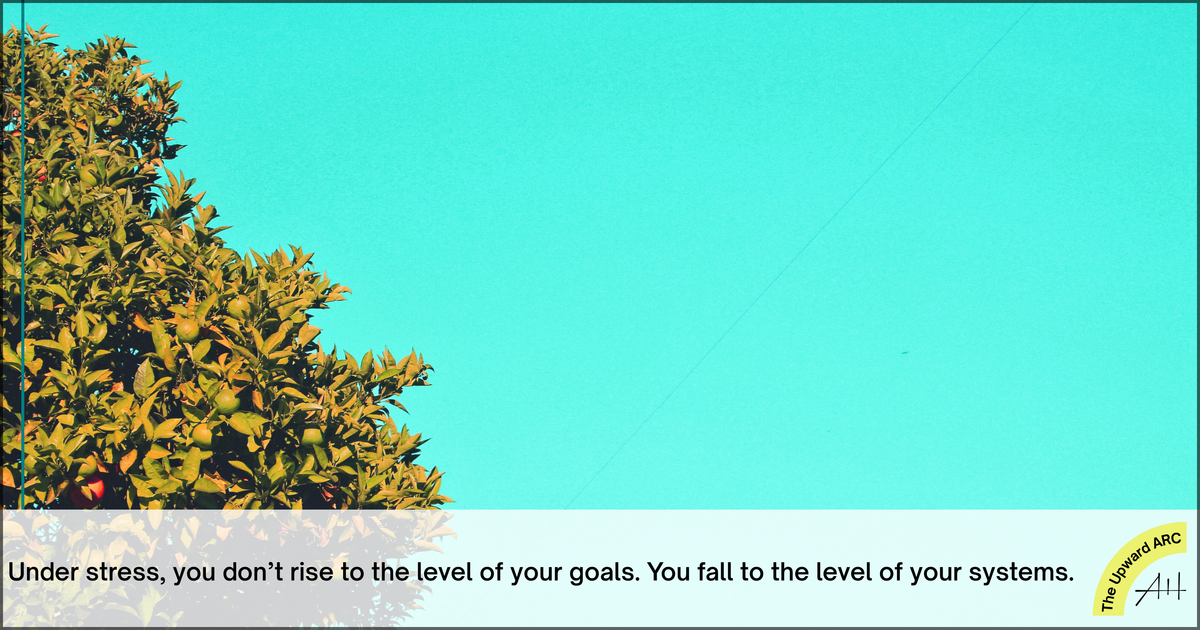Your Stress Strategy Is Failing; Because It Depends on You Thinking Straight
When stress hits, your brain doesn’t rise to your training. It defaults to your worst habits. Breathing techniques? Gone. Meditation? Useless. This isn’t a mindset problem. It’s a systems failure. Here’s how to build stress responses that actually work.

This post is for members only
Already have an account? Sign in.
